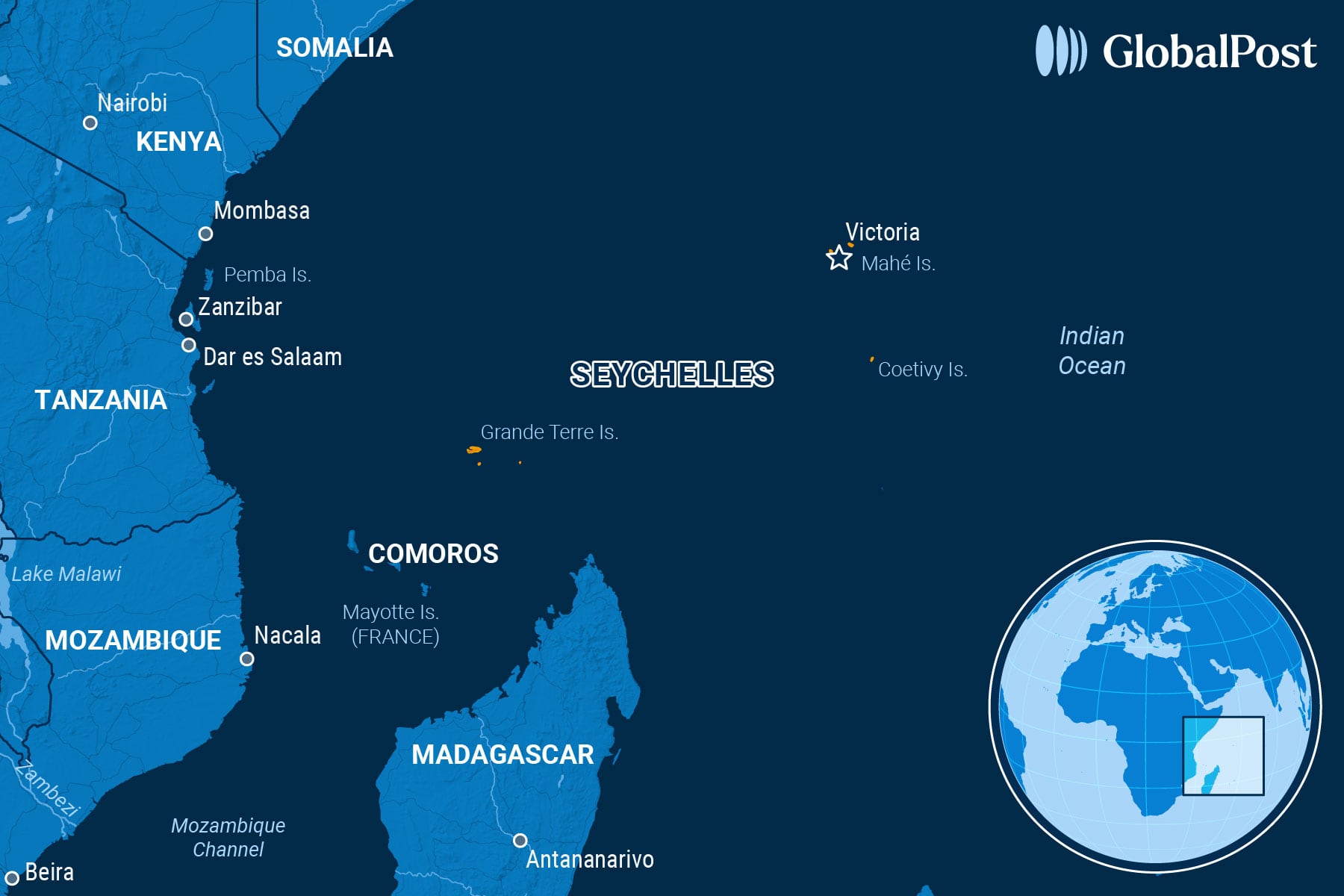In the Seychelles, Voters Will Choose To Stay the Course or Move On

When the incumbent president of the Seychelles, Wavel Ramkalawan, won office in 2020, it was a watershed moment for the archipelago nation off the east coast of Africa.
The former Anglican priest, who lost his 2015 bid for office by fewer than 200 votes, was seeking to bring change to a country where the United Seychelles political party or its predecessor, the Seychelles People’s Progressive Front, has held sway since the 1977 coup that took place a year after independence from the United Kingdom.
Among his successes, Ramkalawan oversaw the release of findings from a truth and reconciliation process related to crimes and corruption – including money laundering and torture – committed under coup leader Albert René, who died in 2019, wrote the Africa Center for Strategic Studies.
But the president has suffered setbacks in his mission, too.
Ramkalawan is trying to convince voters that he can decrease the Seychelles’ 23-percent poverty rate while improving its per capita income of $17,000 – the highest on the continent.
The country’s status as a preeminent destination for “eco-conscious and high-end voyagers” is one source of revenue to help achieve those gains, noted Travel and Tour World. Some of the best fishing in the world – despite the threat of Somali and other pirates – is one of the attractions for visitors, added the Telegraph.
But those assets have also become political liabilities for Ramkalawan, who has allegedly become too cozy with investors from the United Arab Emirates and Qatar at the expense of transparency and environmental regulations, wrote Africa Confidential. The president’s critics say he takes the sheikhs’ cash for tourism developments – including allegedly selling off one of the country’s 115 islands – without properly consulting his constituents about the economic and ecological effects of his decisions, the Seychelles Independent wrote.
The country’s poverty is also creating social problems that the president is having trouble solving. As many as 6,000 people, or around 10 percent of the country, for instance, use heroin, according to African Insider. Rather than tackling that problem, the president appears more concerned about luxury resorts, critics say.
Bolstering critics’ claims of Ramkalawan’s authoritarian leanings was the authorities’ decision last year to file witchcraft charges against the opposition United Seychelles standard-bearer in the upcoming presidential election, Patrick Herminie. Prosecutors dropped those charges, the BBC reported, but they seriously undermined the president’s promises of inaugurating a democratic renewal in the country.
Herminie, who saw his party’s offices raided, had denied the accusations and called the case an “abuse of power” by the government.
“We do not have the right to arrest someone and put them in prison for nothing at all,” he said afterward. “In Seychelles’ history, there has never been, until now, a political party leader arrested for superstition and witchcraft. This is something new, and it is shameful for Seychelles.”

Subscribe today and GlobalPost will be in your inbox the next weekday morning
Join us today and pay only $46 for an annual subscription, or less than $4 a month for our unique insights into crucial developments on the world stage. It’s by far the best investment you can make to expand your knowledge of the world.
And you get a free two-week trial with no obligation to continue.
